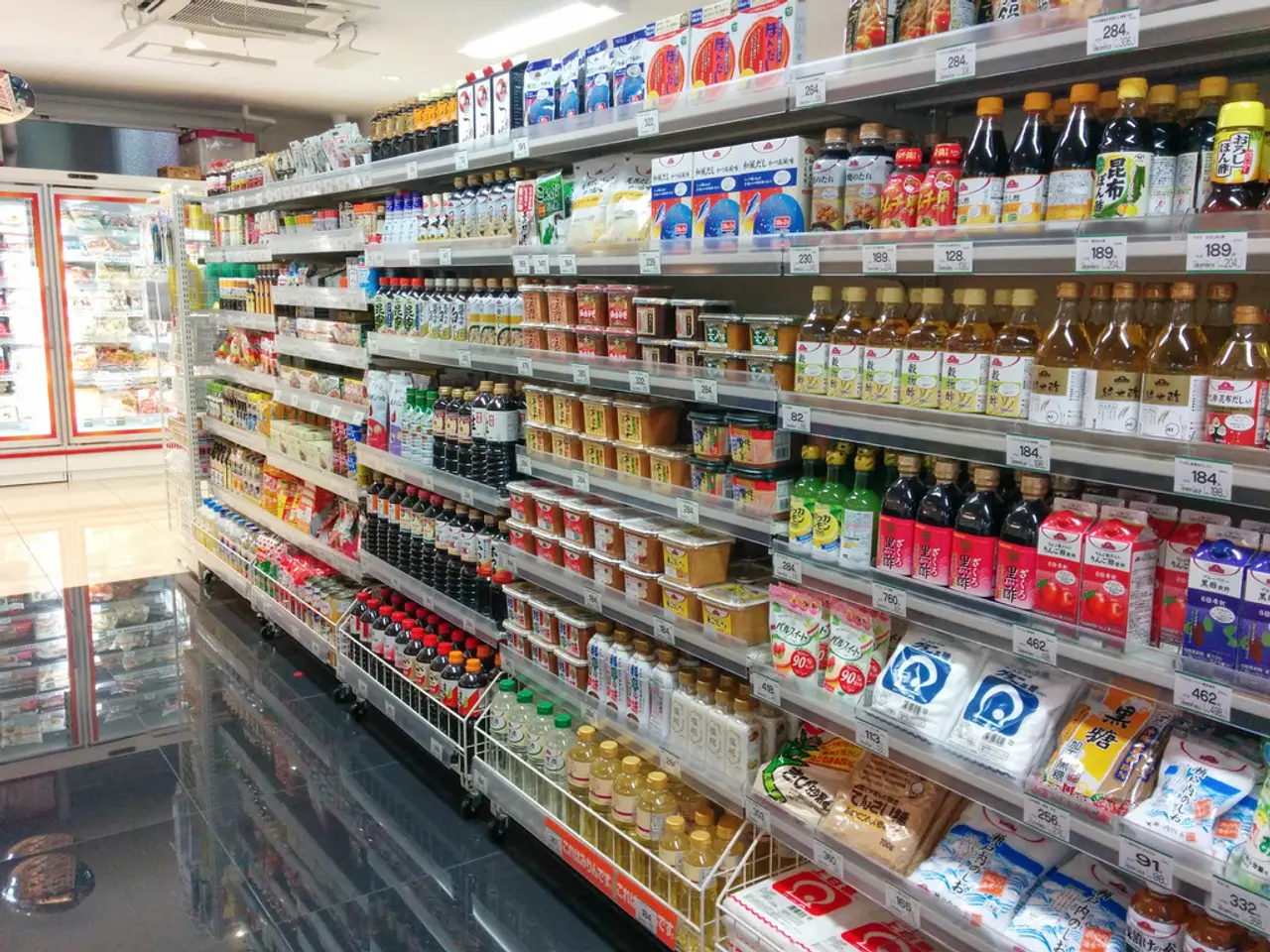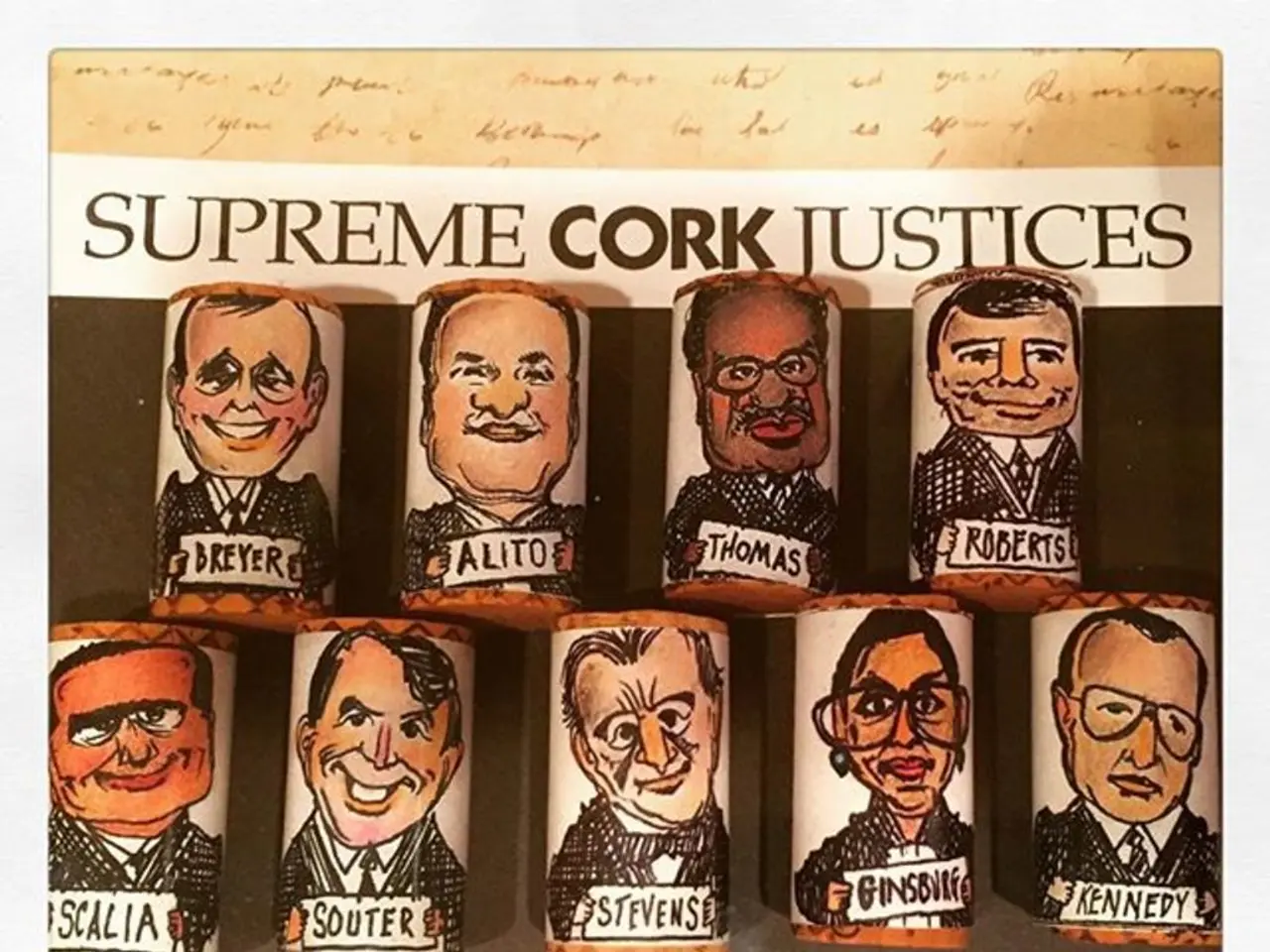Customers of EPG continued to recount their grievances as David Protein and Epogee faced legal action
As of late July 2025, the antitrust lawsuit against David Protein regarding its acquisition of Epogee is ongoing with significant developments.
The lawsuit began shortly after David Protein acquired Epogee on May 29, 2025, after multiple firms lost access to Epogee’s ultra-low-calorie fat substitute, EPG. These firms – OWN Your Hunger, Lighten Up Foods, and Defiant Foods – filed an antitrust complaint accusing David Protein of creating a monopolistic exclusion by cutting off their access to EPG [1].
The plaintiffs allege a "bait & switch" scheme by David to monopolize EPG's market. Ruz Safai, founder and CEO at OWN Your Hunger, argued that David did not offer reasonable alternatives for securing EPG supply, such as minimum order quantities, advance purchase commitments, or pooled ordering arrangements [1].
Epogee, a company producing an ultra-low-calorie fat alternative called EPG, was acquired by protein bar maker David Protein. The case is OWN Your Hunger, Lighten Up Foods, and Defiant Foods vs Linus Technology (operating under the trade name David Protein), Epogee, and Peter Rahal, filed in the Southern District of New York on June 2, 2025. Case: 1:25-cv-04544.
In response, David Protein argued it had no obligation to continue supplying EPG because the plaintiffs were not direct competitors and did not have long-term contracts; they also claimed an abundance of alternative fat substitutes existed [1]. The court denied the plaintiffs’ request for a temporary restraining order (TRO) that would have forced David Protein to continue supplying EPG, indicating the court did not find immediate cause to restrict David Protein’s actions at that stage [3].
However, the plaintiffs have amended their complaints to better address the court's initial concerns, now framing the relevant market as the “global market for EPG supply” rather than the broader protein bar or low-calorie food markets. They argue EPG is unique and irreplaceable in their products, underpinning their claim that David Protein is attempting to monopolize this niche market [1].
Additional accounts from affected EPG customers continue to emerge, sharing damages from losing access to the ingredient, highlighting the dispute’s broader industry impact [1][2][4]. For instance, Peter Han at Bricks Protein stated that his entire formulation and production process for protein bars were built around EPG, and that David had effectively eliminated competition by monopolizing the essential ingredient [2].
Spencer Krug at Legion Foods stated that he is currently in the process of shutting down their website and all sales due to the loss of EPG [2]. EkkoBar's founder, Emtiaz Uddin, stated that EPG’s unavailability eliminated their ability to launch a product that would have competed against David’s Bar [2]. Shawn Brown, founder at chocolate company Moon Magic, claimed that the unavailability of EPG has stifled competition, harmed innovation, and forced small businesses like his to abandon markets they helped create [2].
Noah Bernett at Snack Owl claimed that the firm has disposed of $70,000 worth of stranded materials, including perishables, due to the unavailability of EPG [2]. Despite David's assertion that brands unable to access EPG following the Epogee acquisition "only have themselves to blame for not signing long-term supply agreements," Brown noted that there was never an offer of long-term supply or invitation to negotiate volume commitments [2].
Snack Owl was forced to discontinue their low-cal kettle chips due to the unavailability of EPG [2]. Despite these challenges, David Protein raised $75m in a Series A round following the acquisition of Epogee [1]. The legal dispute continues, with discovery and litigative steps presumably ongoing [1][3].
- The antitrust lawsuit against David Protein alleges that the company's acquisition of Epogee and subsequent actions have created a monopoly in the global market for EPG supply, a unique and irreplaceable fat substitute essential for several food products.
- The dispute over EPG's market monopolization has far-reaching implications within the industry, with several businesses like Bricks Protein, Legion Foods, EkkoBar, Moon Magic, and Snack Owl stating that they have been forced to halt production or abandon markets due to the unavailability of EPG, a technological advancement critical to their product formulations.




